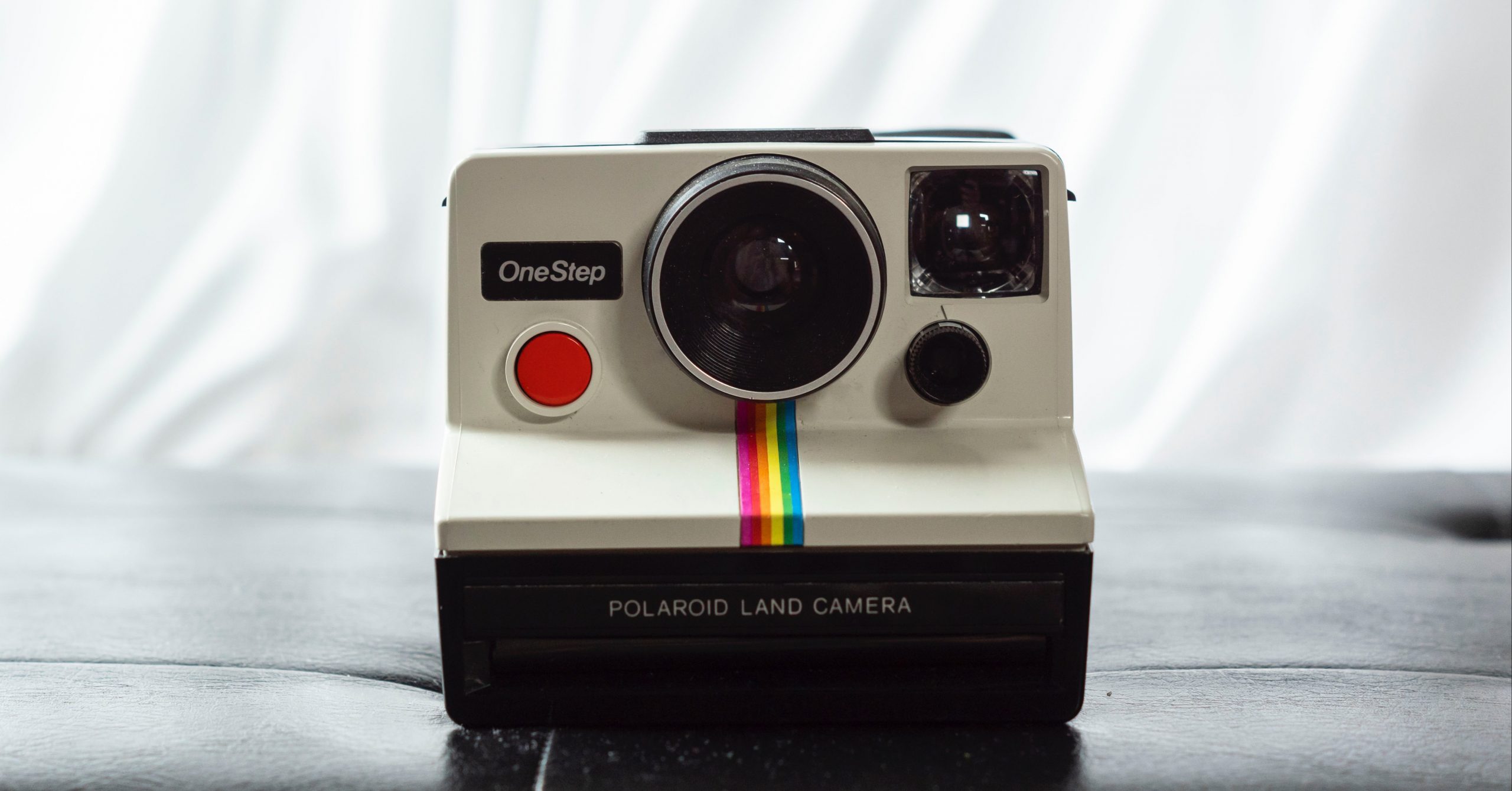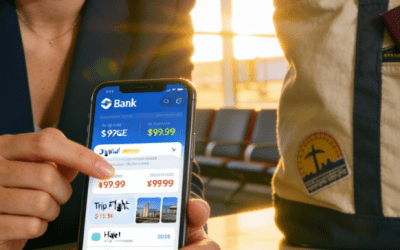Instagram launched its own standalone vertical video application around a year ago and it is called IGTV. Unlike the main platform application, IGTV enables users to post longer video clips thus creating an area for a more effective video sharing. With Instagram greatly influencing the travel industry through its image sharing platform, the IGTV arrival strengthens it further by adding video sharing options.
According to a Cisco study, up to 80% of Internet traffic will come from various forms of videos within the year 2019. In the case of the Instagram platform, the first success on this matter was achieved after adding a new sharing resource, the “insta” stories. At the time it was released, the stories led the app to double its number of users. Introducing IGTV to the plate now gives freedom for users to upload more detailed video content, which can once again, have a big impact on the numbers.
When looking at IGTV in the travel advising community, it is actually getting there and influencing customers, but at a slower pace. However, the past experience with the Instagram stories shows that moving slowly does not mean standing still. At first, due to the competition of Snapchat in some countries, Instagram had a hard time migrating users to the platform when wanting to share short and time-limited video clips. But, with time, users started getting used to the idea of unifying all their activities in one platform, making the insta stories the big phenomenon we know today.
Looking at the IGTV growth, we can conclude that “It is an interesting social media feature that is worthy to look at as it evolves” according to Erina Pindar, the managing director of SmartFlyer based in New York.
Most of the travel advisers who use social media platforms and have started offering video content, claim to be very satisfied and keen on using IGTV. The main reason for that it’s the practicality behind it. Not only it is integrated into one social media customers are used to accessing, but it is also very simple to share the content as it was designed focusing exclusively on mobile.
Some of the popular travel advisers, such as Travel + Leisure, not only use IGTV but has 4.1 million followers on it. A massive audience that will feed from the easy to share content at any time of the day. And on the agency side of it, there does not have to be a big time and money consuming production since the platform welcomes – and users are used to seeing – day-to-day, real-time, organic videos.
On the destination side of it, IGTV also brings great results. Being one more advertising channel and a way to interact with current and potential visitors, some destinations have already embraced it. New Orleans, for example, decided to ‘think niche’. What does that mean? Well, their strategy was to stay away from the traditional way of advertising a destination. Instead of displaying sights and attractions for everyone, the first campaign released focused on the Caramel Curves, a motorcycle club with girls only. The idea was to give users “glimpses of what it’s like to actually live here through the eyes of a group of remarkable women from our community.” says Andrew Hunter, 360i creative director.
The project called Unexpected Tour Guides is exclusively for the IGTV area of the platform and it takes away the glamour. All the videos uploaded are shot with the phone which results in a chaotic and very real style. Moreover, the purpose of the campaign does not only include advertising New Orleans. In the words of Mark Romig (President and CEO of New Orleans Tourism Marketing Corporation) “The overall goal of Unexpected Tour Guides is to shed light on lesser-known attractions and retail that the city of New Orleans experiences for its visitors. It gives us an opportunity to really pull the entire community of New Orleans into the tourism product, which is so important to our economy.”
IGTV vs. YouTube
The connection of this new service to the king video sharing platform Youtube is inevitable. And while there is no doubt that Instagram took some inspiration from the leading expert, there are some considerable differences as its main market is more specific.
Firstly, IGTV does not contain ads – at least for the moment – which will empower an IGTV channel to keep its viewers entertained up until the end of the video. It is also specifically designed for mobile-optimised view, which allows for vertical viewing, meaning viewers do not need to flip their phones into a horizontal position to view the video properly.
It is important to consider that Youtube allows longer videos to be shared, while IGTV limits the length to 10 minutes for most users and 60 minutes to big or verified accounts. With that in mind, the longer the video, the heavier the file gets, leading to a slower sharing process for Youtube.
Nonetheless, the existing differences still do not make both platforms competitors, instead, it is possible to argue that they can be used to add value to one another in terms of business strategy. If we compare with the old days, IGTV provides a feeling of flipping channels on a TV, while users are looking at their mobile phones, without having to deal with ads. While Youtube could be thought of as a standard TV channel with much shorter commercials.





